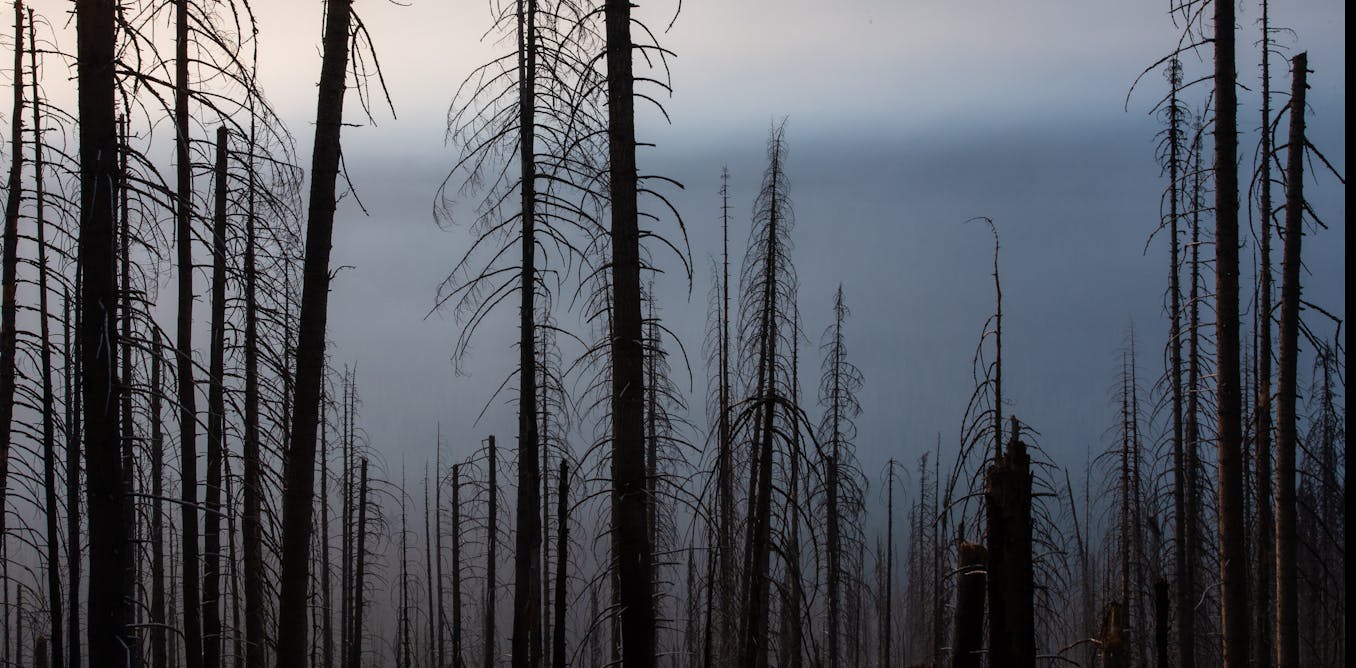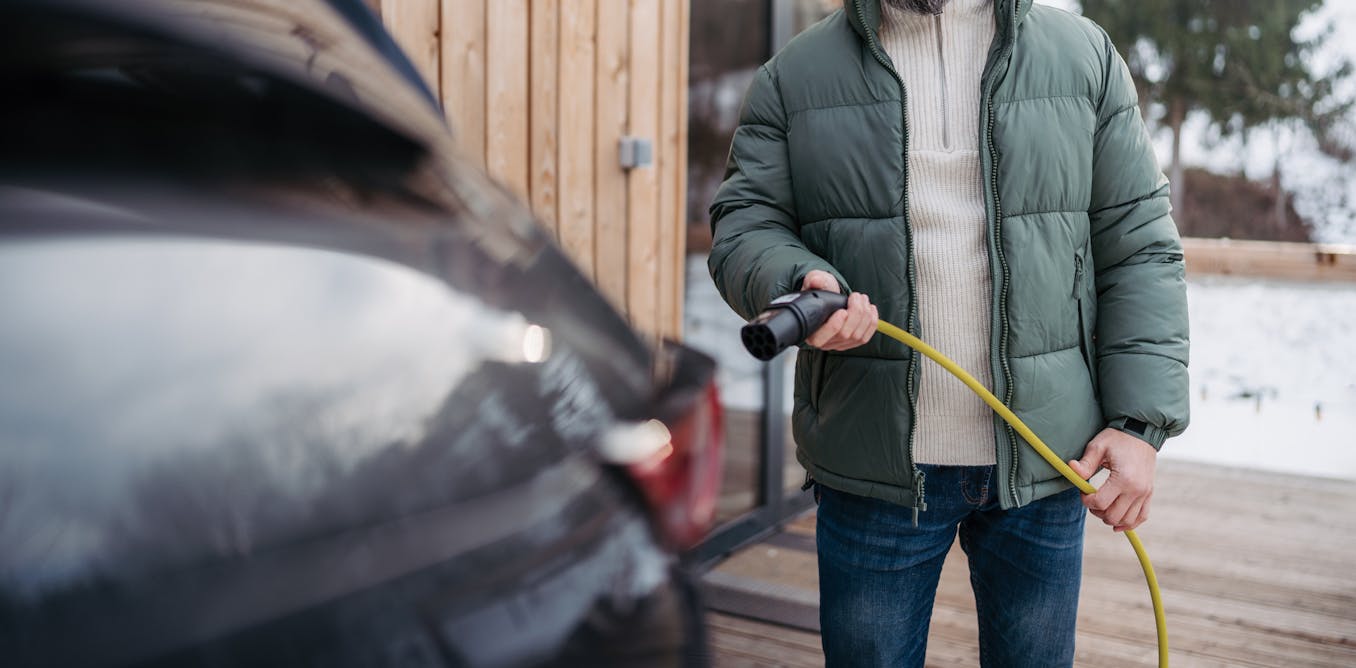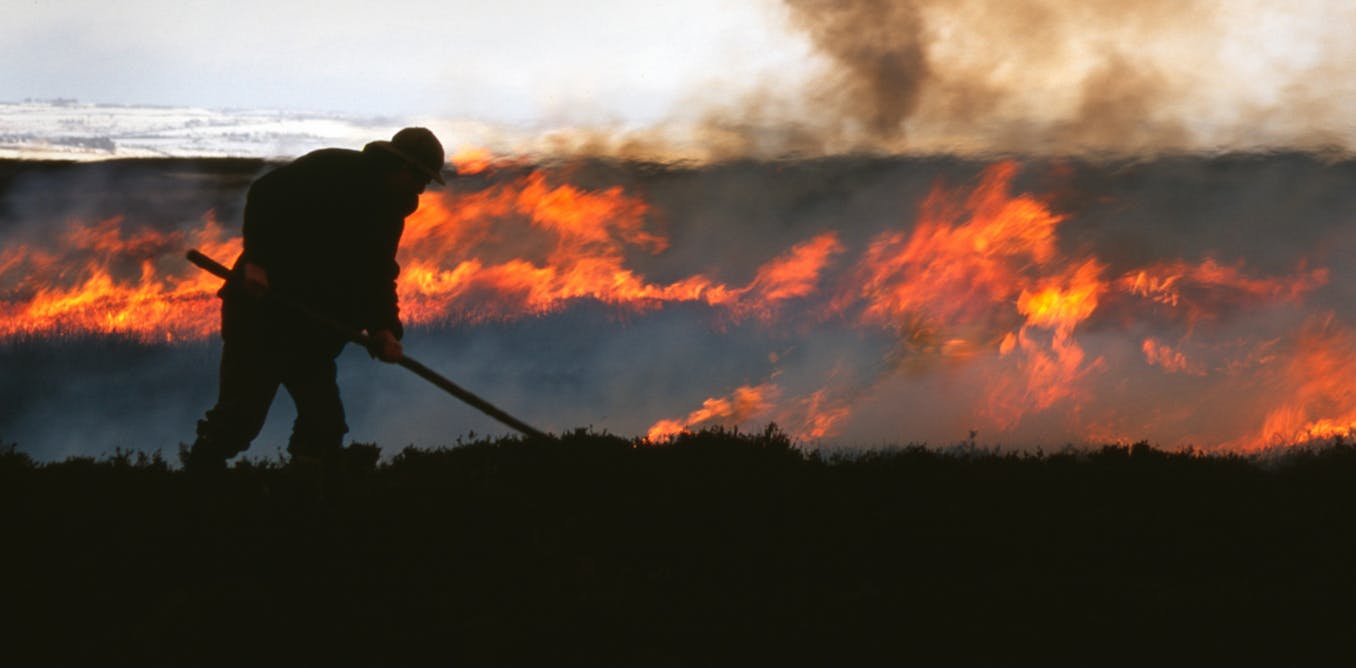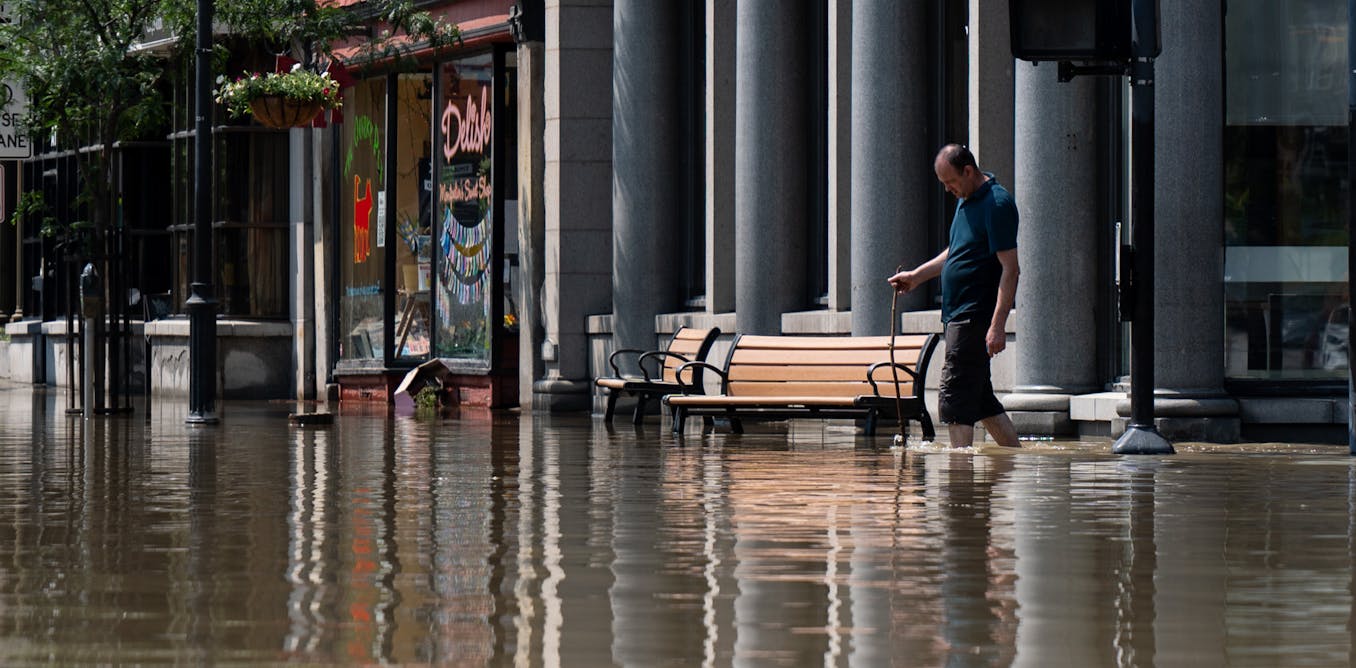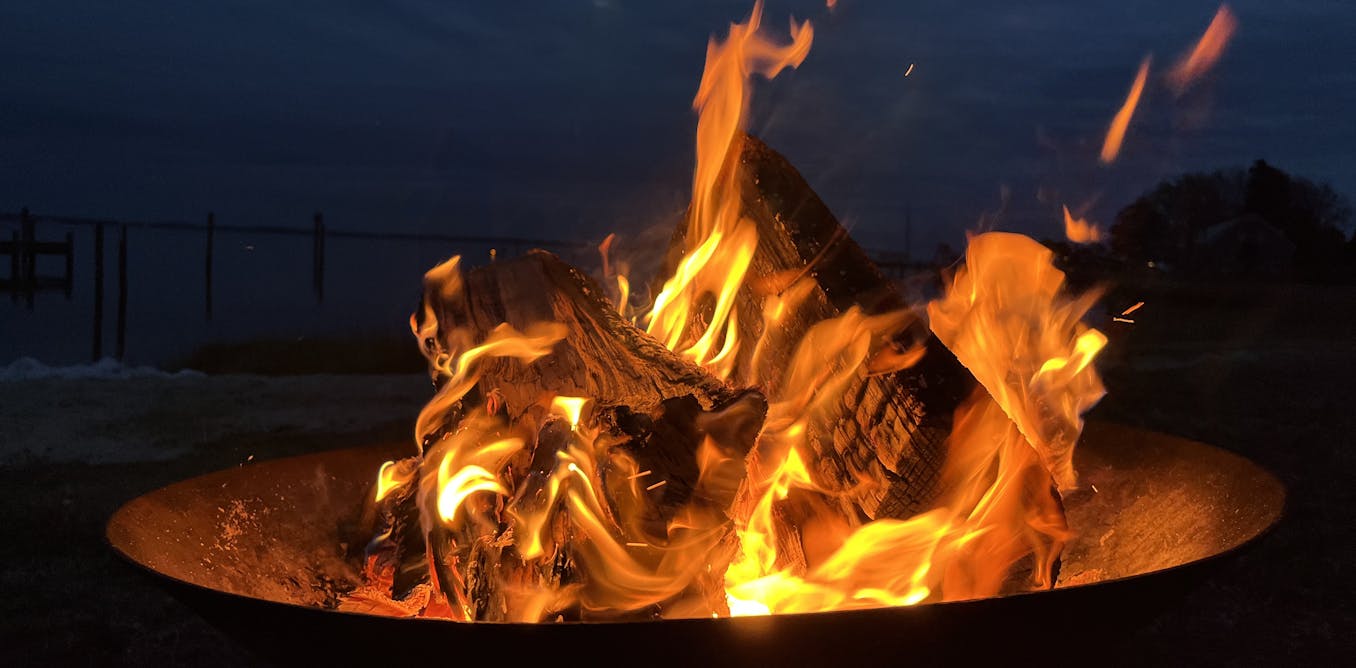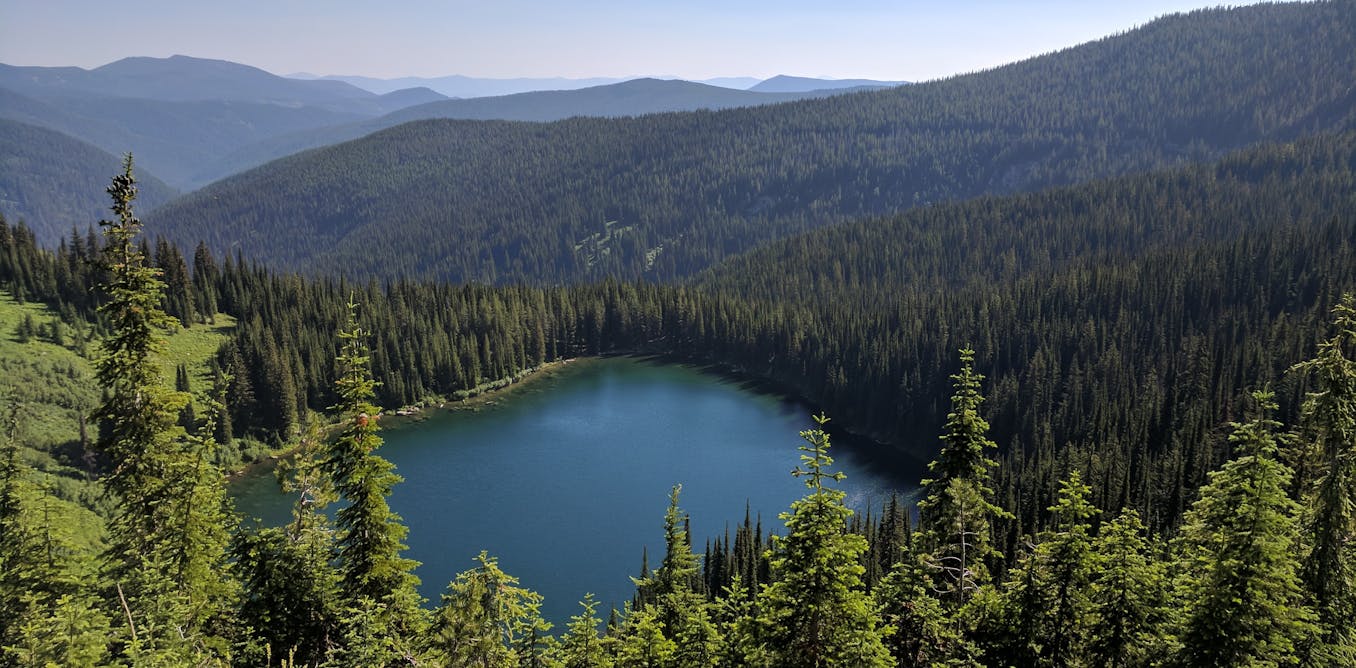Fighting every wildfire ensures the big fires are more extreme, and may harm forests’ ability to adapt to climate change
A new study offers a rare window into the hidden effects of aggressive fire suppression that go beyond fuel accumulation. It may even change the course of forest evolution.
March 25, 2024 • ~7 min

